Community Impact Fund Grantmaking Process
Organizations interested in applying for a grant from MCF’s Community Impact fund must first submit a Letter of Inquiry. MCF staff reviews these letters to ensure organizations are eligible to apply and that the request fit within MCF’s mission and focus. Organizations with approved Letters of Inquiry will be invited to submit a full grant application for consideration.
Grantmaking Criteria
- Long-term impact on residents or physical environments in Dane County.
- Meaningful, reasonable and measurable outcomes.
- Innovative approaches to address community issues.
- Strengthen and enhance community assets.
- Build self-sufficiency of individuals or organizations.
- Use partnerships or collaborations.
- Sustainable beyond the scope of the grant.
We begin accepting Letters of Inquiry in April each year.
Submit Grant Application
Organizations with approved Letters of Inquiry will be invited to submit a full grant application for consideration. MCF is able to fund approximately 20% of grant applications at some level each year, and not all proposals are funded at the full amount requested. MCF does not act as the sole financial supporter of projects; we expect organizations to seek additional resources to accomplish their project goals.
MCF’s Community Impact Committee reviews the grant applications and forwards recommendations for grants to the Board of Governors, which makes the final decision on funding at its October meeting.

